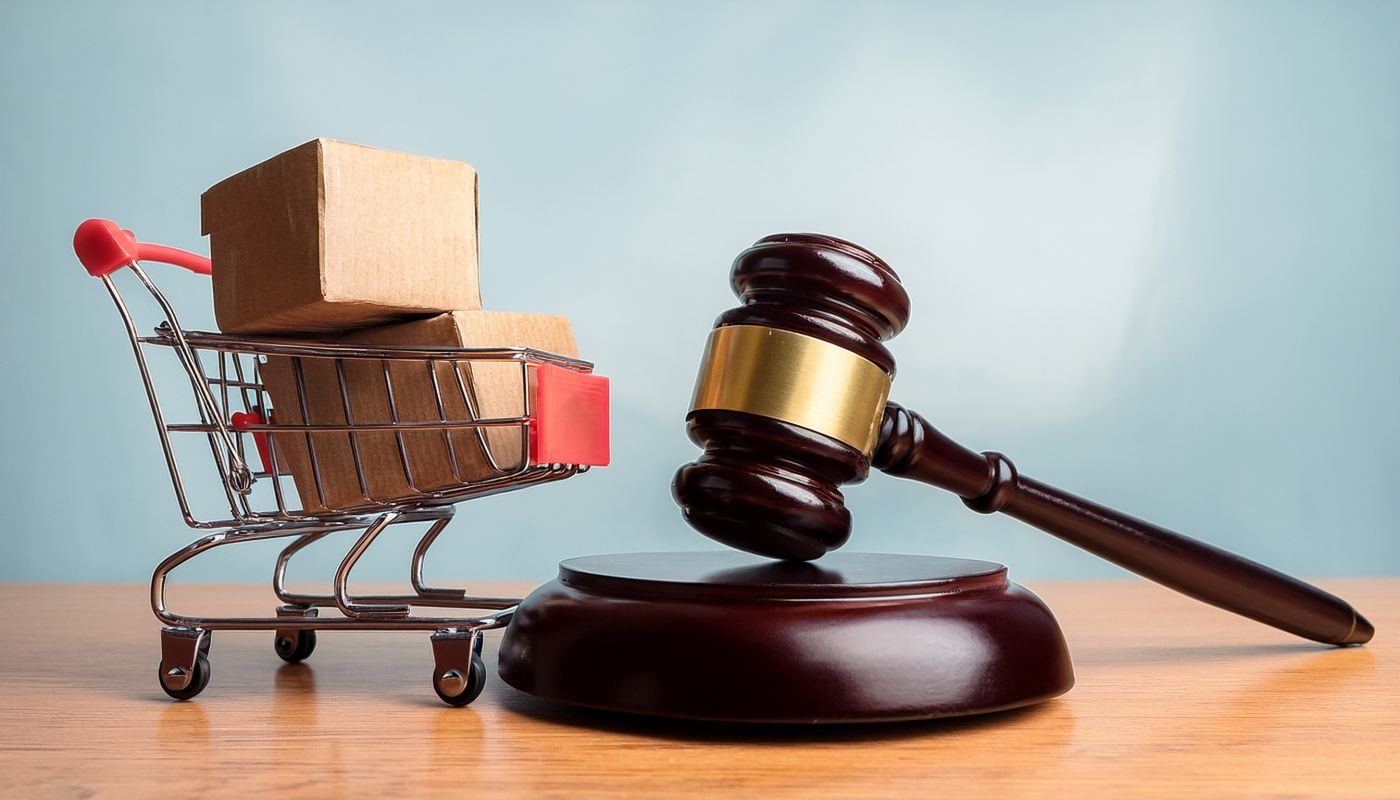
When your personal information is exposed, it can leave you vulnerable to identity theft, fraud, and other forms of misuse. Fortunately, there are steps you can take to regain control and minimize the impact.
At Scott Hirsch Law Group, PLLC, led by Attorney Scott Hirsch in Coconut Creek, Florida, we handle civil litigation cases for clients throughout the United States. We understand the distress that can follow a data breach. In this article, we’ll guide you through the actions you should consider if your personal data has been compromised.
Confirm the Breach
The first step after hearing about a possible breach involving your personal information is to confirm the accuracy of the claim. Look for an official notification from the company or organization responsible for handling your data.
Such notices typically include details about the breach, what data may have been exposed, and steps you can take to protect yourself. Some breaches are announced in the media, but it’s always wise to get confirmation directly from the source.
Once you've confirmed that your data was compromised, you’ll want to begin protective measures immediately. Taking these steps right away can prevent further exposure or misuse.
Change Your Passwords
After confirming the breach, a critical action to take is updating your passwords. Start with the account linked to the breach, and then consider changing passwords for other accounts, especially if you reuse passwords across multiple sites.
Strong passwords should include a mix of letters, numbers, and symbols, and each account should have its unique password. Using a password manager can make it easier to create and store complicated passwords without needing to remember each one.
Updating passwords helps close the door to unauthorized access, reducing the risk of continued exposure. Now let’s discuss the importance of monitoring your financial accounts.
Monitor Financial Accounts
It’s essential to keep a close eye on your financial accounts, such as bank statements and credit card activity, following a data breach. Look for any unusual charges, unauthorized transactions, or changes in account information. Contact your bank or credit card company immediately if you notice any suspicious activity.
Setting up account alerts for transactions over a specific amount can also help you track your account activity. By monitoring your accounts, you can detect unauthorized activity early and report it quickly. Next, we’ll review why a fraud alert might be beneficial.
Place a Fraud Alert on Your Credit Report
A fraud alert is a notice on your credit report that warns potential creditors to verify your identity before extending credit. Placing a fraud alert with any of the three major credit bureaus (Equifax, Experian, or TransUnion) is free, and once activated, the alert will stay on your report for a year.
This step makes it harder for identity thieves to open new accounts in your name, as creditors will need to take extra steps to verify applications. After placing a fraud alert, consider other measures for added protection, such as a credit freeze. Now, let’s examine what that involves.
Consider Freezing Your Credit
A credit freeze restricts access to your credit report, making it challenging for identity thieves to open new accounts in your name. Unlike a fraud alert, a credit freeze remains in place until you lift it, providing long-term security. Freezing your credit is free and can be done through each of the three credit bureaus.
If you’re concerned about fraud or unauthorized credit applications, a credit freeze can add a strong layer of protection. You can lift the freeze temporarily if you need to apply for credit, making it a flexible option. The next step involves securing your identity from further compromise.
Report the Breach to the Federal Trade Commission (FTC)
The FTC provides resources and support for identity theft victims and helps track data breaches. Reporting the breach to the FTC at IdentityTheft.gov allows you to create a recovery plan tailored to your specific situation.
The FTC may also provide sample letters and other tools to assist you in communicating with creditors and financial institutions. Filing a report with the FTC is particularly useful if your data is misused in fraud or identity theft schemes. Now that you’ve taken action to secure your accounts, let’s consider additional protections.
Enroll in Credit Monitoring
Many companies offer free credit monitoring services to those affected by a data breach. Credit monitoring services notify you of changes in your credit report, allowing you to detect suspicious activity quickly.
This service often includes alerts for new credit inquiries, account openings, and other changes that may signal fraud. Even if the breached company doesn’t offer free credit monitoring, it may be worth subscribing to a service on your own for added peace of mind.
By actively monitoring your credit, you can stay ahead of potential fraud attempts and maintain control of your information. Next, we have some steps you should take to keep your information safe going forward.
Key Steps to Protecting Your Digital Information
To reduce your risk of future data breaches, there are proactive measures you can take to protect your digital information. A few essential steps to consider include:
Enable two-factor authentication (2FA)
Two-factor authentication provides an extra layer of security by requiring an extra verification method, like a code sent via text. This step makes it harder for unauthorized users to access your accounts, even if they have your password.Regularly review privacy settings
Many apps and websites collect personal data, so regularly reviewing your privacy settings can limit the information you share. Limiting access to your data on online platforms reduces your exposure to data breaches.Use secure networks and avoid public Wi-Fi for sensitive activities
Conducting sensitive activities, such as banking or shopping, on public Wi-Fi can leave your data exposed to hackers. Using a secure, private network helps keep your information safe when handling important transactions.
By following these steps, you can significantly reduce your vulnerability to data breaches in the future. Now, let’s review some frequently asked questions related to data breaches.
Frequently Asked Questions on Data Breaches
To help address common concerns related to data breaches, we’ve compiled a list of frequently asked questions that provide clear guidance and the next steps after a breach:
What should I do if my Social Security number is exposed?
Consider placing a credit freeze and contacting the Social Security Administration for additional resources. A credit freeze can help prevent identity thieves from opening new accounts.How can I find out if my data was included in a breach?
Companies usually send notifications directly to affected consumers. You can also use online services that track breaches, such as Have I Been Pwned, to check if your information is listed.What’s the difference between a fraud alert and a credit freeze?
A fraud alert notifies creditors to verify your identity before issuing credit, while a credit freeze blocks access to your credit report altogether. Both offer protection, but a freeze is generally more comprehensive.Should I contact law enforcement if I’m a victim of identity theft?
Yes, filing a report with local law enforcement can help establish a record of the crime, which may assist in disputes with creditors and other institutions. The FTC provides helpful resources for reporting identity theft.Can I recover losses from a data breach?
Some victims may pursue compensation through lawsuits or claims, but recovery depends on the nature of the breach. Contacting a legal professional can help you understand your options.
Has Your Data Been Compromised?
We strive to offer guidance on handling data breaches and protecting your personal information. Located in Coconut Creek, Florida, we serve clients all throughout the U.S. Feel free to reach out to us at Scott Hirsch Law Group, PLLC to discuss how we can support your recovery and security efforts following a data breach.



